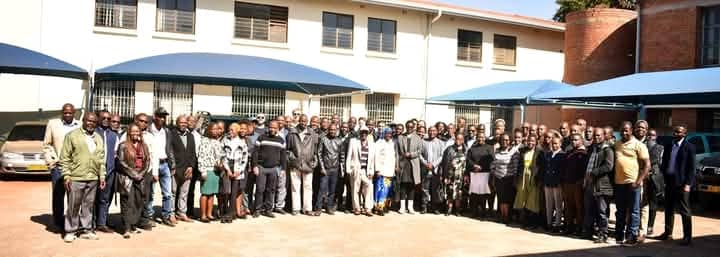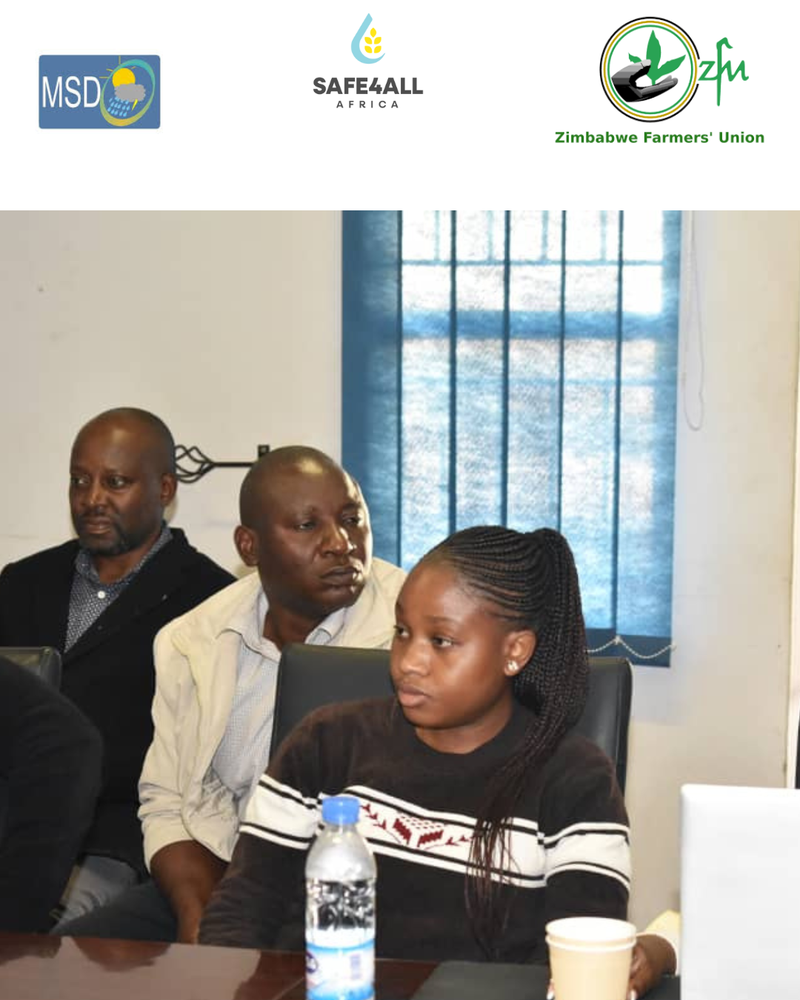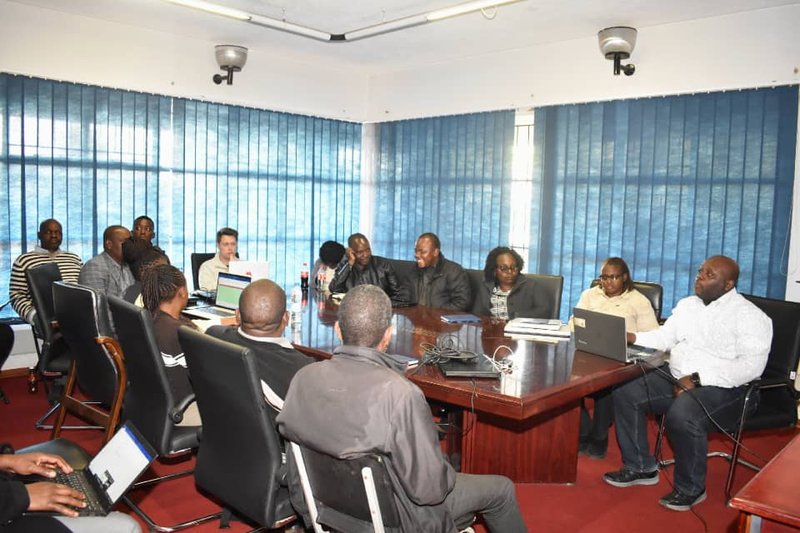Meteorological Services Department Partners with Safe4All Africa to Tackle Climate Change and Food Security

Harare, Zimbabwe, 23–27 June 2025
The Meteorological Services Department of Zimbabwe (MSD), in collaboration with Safe4All Africa, hosted a five-day workshop in Harare to address the growing threats of climate change and food insecurity on the continent. The workshop, held from 23 to 27 June 2025, brought together weather experts, farmers, journalists, and key stakeholders for in-depth discussions on climate adaptation and early warning systems.
Safe4All Africa is a non-governmental organization established in January 2024, with operations in Zimbabwe, Kenya, and Ghana. The organization focuses on using technology, data, and innovation to empower communities to better prepare for and respond to climate-related challenges. Its mission is to make weather and climate information accessible, understandable, and actionable, especially for vulnerable groups like smallholder farmers.

During the workshop, participants learned about digital solutions developed by Safe4All Africa to support climate-smart decision-making. These tools include:
- Uliza-WI Chatbox – an AI-powered chatbot that delivers weather forecasts, farming tips, and alerts;
- Drop App – a mobile application that tracks rainfall patterns and provides drought alerts;
- Climate Impact Atlas – a visual platform for identifying areas at high risk of climate impacts;
- 24/7 Call Center Line – a telephone service offering live weather updates and advice, particularly for farmers without internet access.

With Africa warming faster than the global average, and Zimbabwe facing more frequent droughts and shifting seasons, tools like these are vital for protecting livelihoods. Over 60% of Zimbabwe’s population relies on agriculture, making timely weather information a critical resource.
The Meteorological Services Department reaffirmed its commitment to supporting innovation and improving access to localized forecasts. These efforts also contribute to Zimbabwe’s National Adaptation Plan (NAP) and National Vision 2030 of achieving an upper middle income economy society by 2030.
The workshop concluded with a call for greater collaboration between government, NGOs, tech developers, and the farming community to scale up early warning systems and climate services that leave no one behind.

